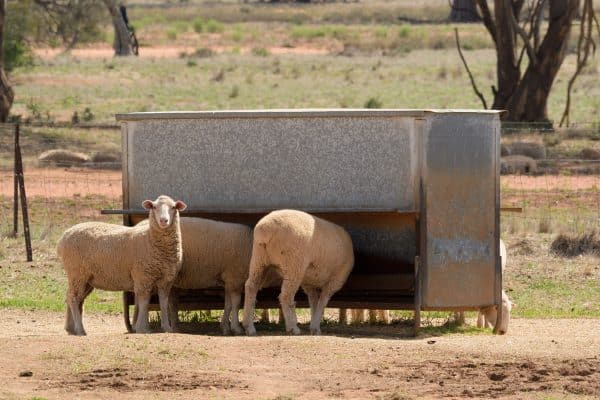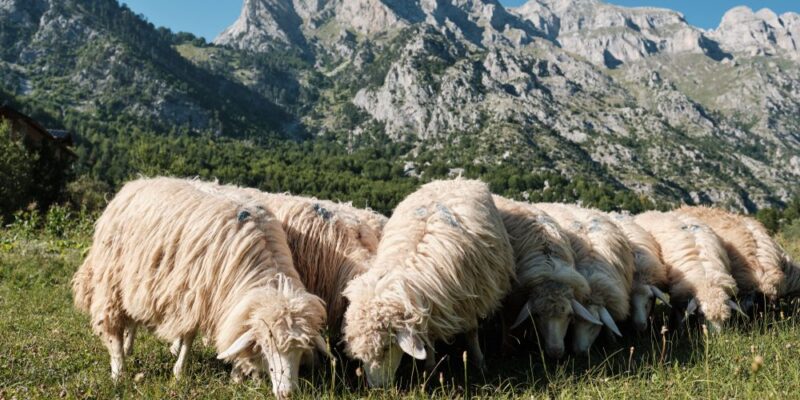Sheep farming presents unique challenges, especially when faced with extreme weather conditions like harsh winters or prolonged droughts. These periods can severely impact the availability of pasture, putting stress on your flock and their nutritional needs. Ensuring your sheep receive adequate nutrition during these times is crucial for their health, productivity, and ultimately, the success of your operation. Effective management involves a combination of planning, resourcefulness, and understanding the specific requirements of your flock. So if you are wondering what should I feed sheep, here are the options that can really help you out.
Winter Feeding Strategies
Winter months often mean limited or no access to grazing. Sheep require a higher energy intake to maintain body temperature and support pregnancy or lactation. This is where supplementary feeding becomes essential. High-quality hay is the cornerstone of winter feeding, providing the necessary fiber for digestion. Supplementing with silage can be a great option, offering a more digestible source of energy and moisture. It is important to introduce silage gradually to prevent digestive upset, and to ensure it is of good quality without mold. Additionally, concentrates such as grains may be necessary for ewes in late pregnancy or during lactation to meet their increased nutritional needs. Always monitor your sheep’s body condition and adjust feed amounts accordingly.
Navigating Drought Conditions
Drought presents a different set of challenges, with pastures becoming dry and nutrient-poor. While hay and silage remain important, finding good quality forage may be difficult and more expensive. Consider using alternative feed sources, such as beet pulp or brewers’ grains, but ensure these are introduced gradually to avoid digestive problems. Mineral licks, supplemented with vitamins and trace elements, become increasingly important during droughts to compensate for deficiencies in the forage. Furthermore, providing access to clean, fresh water is vital. Sheep can lose significant amounts of water through respiration and perspiration, so water troughs should be frequently checked and refilled.
The Importance of Mineral Supplements
Regardless of whether it’s winter or drought, mineral deficiencies can impact sheep health and productivity. Salt licks are a basic necessity, but often more comprehensive mineral supplements are required, particularly during periods of stress. These supplements often contain essential elements such as calcium, phosphorus, selenium and copper, which are vital for bone health, immune function, and fertility. Choosing the right mineral supplement for your geographical region and specific flock needs is essential. Consult a veterinarian or nutritionist for advice on suitable options.

Emergency Rations and Planning
Having an emergency plan is crucial for harsh weather events. Stockpiling extra hay, silage, or concentrate feeds provides a buffer during severe storms or prolonged droughts. Keep feed and water sources accessible and sheltered from the elements. Consider a backup water source, such as a well or pond, in case your primary source becomes unavailable during extreme conditions. Monitoring weather forecasts and anticipating potential problems is key to successful flock management in harsh climates. Early planning can help you avoid critical feed shortages and secure the long-term health and productivity of your sheep.












Comments